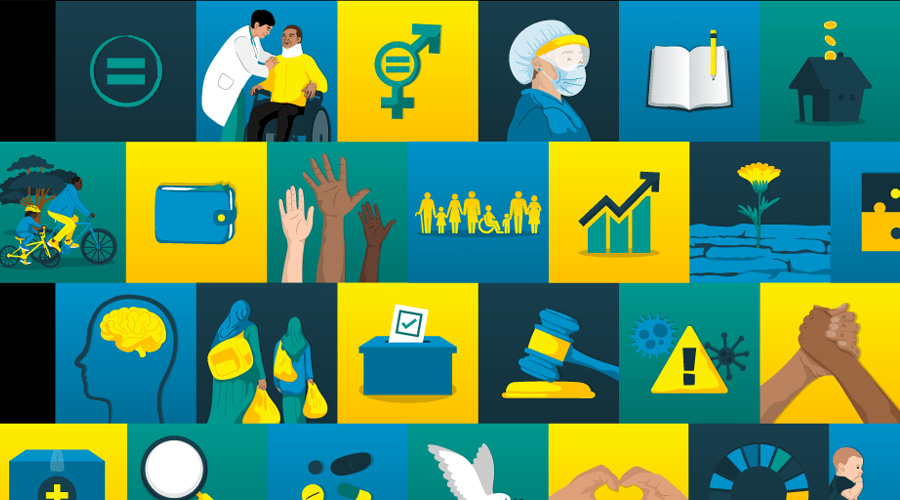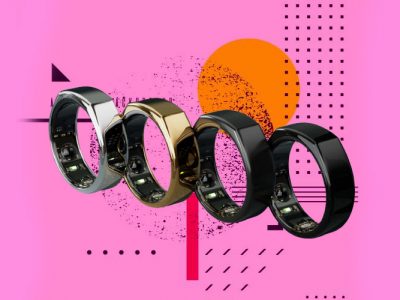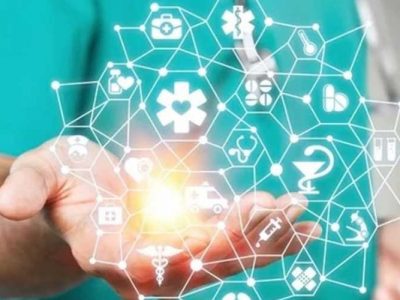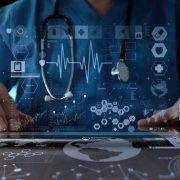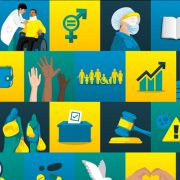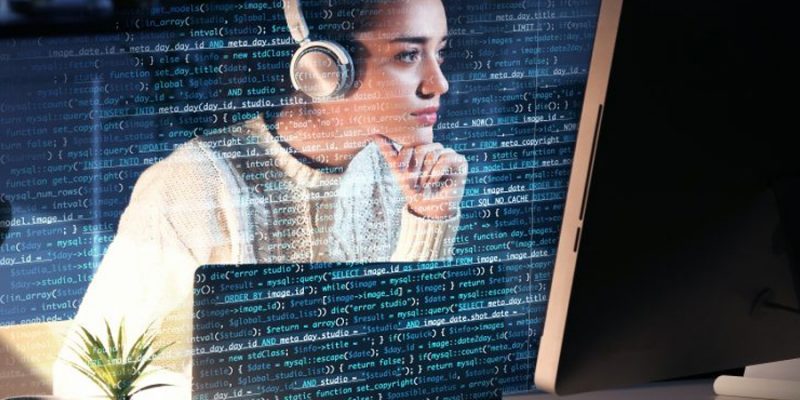
Medical professionals and the general public are quickly adopting IT development and programming skills in healthcare, which has resulted in increased efficiency
With ongoing advances in the information technology sphere, the healthcare industry is growing by leaps and bounds. In the healthcare industry, custom creation has opened up new doors of potential and growth. Artificial intelligence (AI) is altering the healthcare business by allowing cutting-edge technologies to become a reality. The healthcare software developer has become critical for end-to-end implementation in healthcare organizations. Developers should be able to decipher a healthcare provider’s specific needs and design a digital experience and platform that meets those needs developer should have a vision for improvements that will improve operational efficiency.
Artificial Intelligence
AI is commonly utilized in healthcare by experts to diagnose illnesses like cancer, HIV, diabetes, chronic heart disease, and others in their early stages. It has enabled clinicians to adopt a more holistic approach to treating ailments, conducting drug testing, and providing patients with long-term treatment recommendations. AI assists doctors in contacting each other from anywhere to undertake various surgical methods and operation procedures, allowing them to respond quickly and make vital judgments on the spot.
Robotics
For more than 30 years, roboticshas been employed in the healthcare business. These robots range from laboratory robots that deal with medications to surgical robots that do surgeries or procedures on their own to robots that care for patients after surgery. Robots can help humans stay healthy for a long time without the use of medication or hospitalization. Intel, for example, provides new technologies for the creation of health robots such as surgical robots, modular robots, service robots, mobile robots and autonomous robots, allowing it to expand its reach in a variety of health-related fields.
Machine Learning
Machine Learning for healthcare technology consists of algorithms that use self-learning neural networks to improve treatment quality by assessing external. A bot system that makes the treatment time considerably simpler is one of the top Machine learning for healthcare applications. If a patient needs immediate assistance and traveling to the doctor is impossible, an AI assistant can be quite useful. Data engineers are developing solutions for all medical tasks including overall health monitoring, as well as assisting in the cure or prevention of disease.
Data Science & Analytics
Big data and analytics aid in the analysis of diverse and complicated medical data. Medical data gathering, diagnostic methodologies, treatment plans, surgical processes, patient monitoring and consultation are all examined. It performs in-depth analyses, removes mistakes, produces quality tools while protecting patients’ privacy, analyses the quality of medical and healthcare facilities and allows for optimal treatment approaches.
Cloud Computing
Cloud computing is widely utilized in healthcare for storing large amounts of data and processing capacity for data analytics at a cheaper cost. It aids in the storage of huge documents like medical records, patient medical histories, laboratory data, and diagnostic reports. It provides adequate security, data backup and recovery, data interchange and storage management features.
Virtual Reality
In recent years, virtual reality (VR) has swept the globe, and the trend is only rising in popularity. Rapidly evolving technology is changing our perspectives on the world and the way various industries operate. Several industries are discovering new techniques and tactics to improve their operations by utilizing cutting-edge technology. There have been various debates and conflicts about the use of virtual reality in the healthcare industry, with several virtual reality apps already in use.
Internet of Medical Things
RoboT refers to a group of medical devices, equipment, and infrastructure-enabled applications that use internet computer networks to link to healthcare IT systems. This enables machines to connect across the internet. Patients with chronic diseases are monitored, prescription records are tracked, the location of the hospital where the patient is hospitalized is tracked, and the patient’s mobile can communicate information to caregivers are all examples of IOMT.
Blockchains
Blockchain technology is being employed in the healthcare business to improve the safety and security of digitized medical records. Electronic record-keeping, secure medical data transfer, patient monitoring, pharmaceutical supply chain, health insurance claims and assisting healthcare researchers in finding genetics codes are all examples of blockchain technology. It also aids in the management of fast health interoperability records, as well as the storage, exchange and retrieval of data obtained remotely.
3D Bioprinting
3D bioprinting is utilized to create biological tissues and cells to investigate the disease’s genetic foundation. It makes a three-dimensional item by layering basic elements including metals, polymers, and ceramics. Printing lightweight prostheses, bionics, and casts to mend fractures are among the most common applications. This has shown to be quite helpful in identifying disorders like cancer and tumours. Before operations, 3D scanning and printing technologies such as ‘Axiom’ and ‘Graft 3D’ were utilized.
Cybersecurity
In recent years, there has been an upsurge in the frequency of cyberattacks against networked medical devices. To protect patient data, the healthcare industry has taken aggressive measures. The use of AI and sophisticated technologies to proactively detect cyber risks is known as predictive cybersecurity. Backups and restores, as well as other cybersecurity techniques, aid in the preservation of critical data. These proactive methods allow us to recover data if it is destroyed or tampered with after an attempted threat has been discovered.


